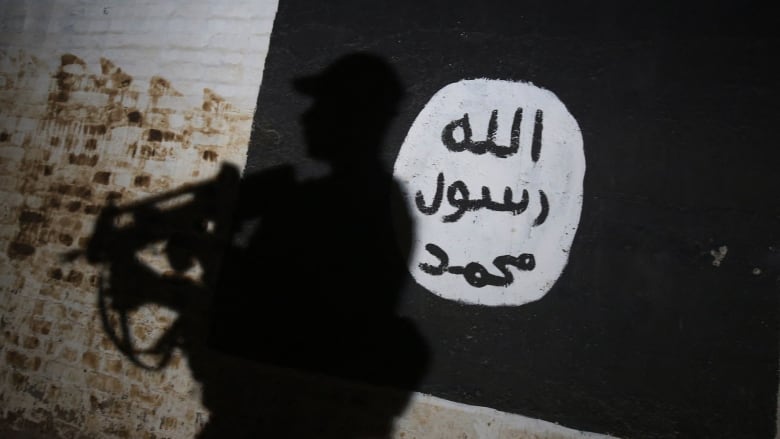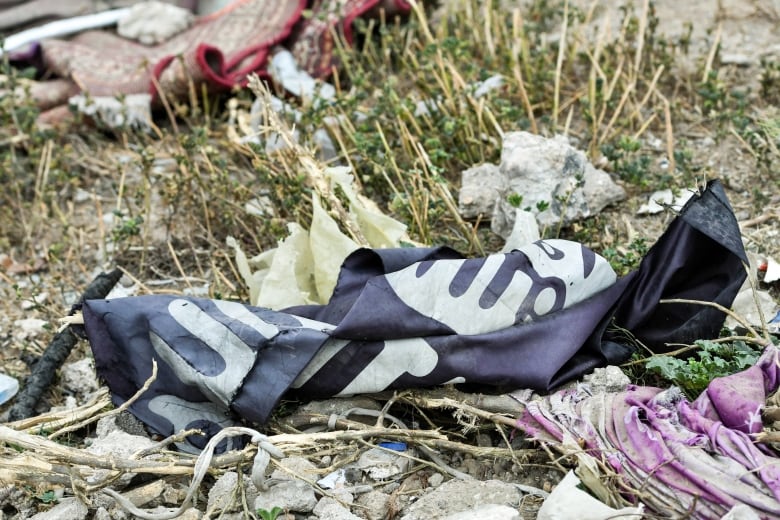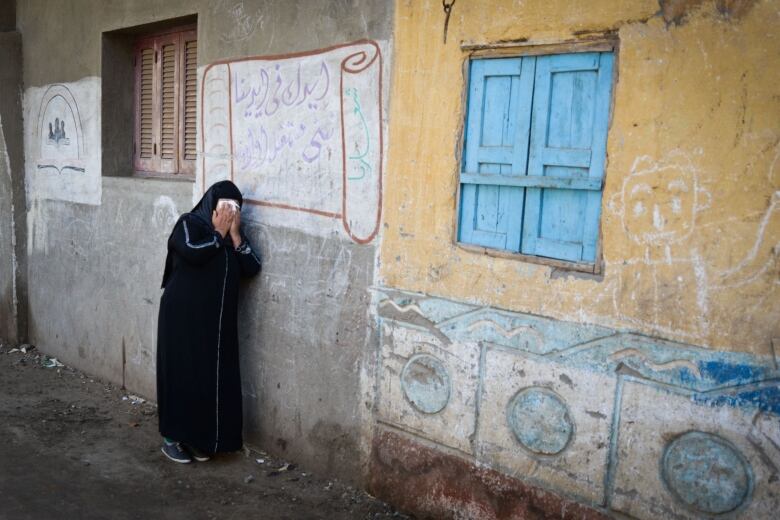ISIS was crushed by a U.S.-led coalition. After blasts in Iran, is it making a comeback?
Latest attack a sign group is seeking to rebuild its power and relevance, expert says

Islamic State, the Sunni Muslim militant group that claimed responsibility for two deadly blasts in predominantly ShiaIran this week, has been operating in the shadows since it was largely crushed by a U.S.-led coalition several years ago.
Here are some facts about the movement, which experts say is weakened but not eliminated.
Its goals remain the same
At the height of its powers, Islamic State imposed a reign of terror over millions of people and claimed control over swaths of the combined territories of Iraq and Syria.
Its fighters repeatedly defeated both countries' armies and carried out or inspired attacks in dozens of cities around the world.
Its leader, Abu Bakr al-Baghdadi, declared his cross-border caliphate from the pulpit of Iraq's historic al-Nuri mosque in 2014, and vowed to rule it. Five years later, he was killed in a raid by U.S. special forces in northwest Syria.
The caliphate collapsed in Iraq, where it once had a base only a 30-minute drive from Baghdad, and in Syria after a sustained military campaign by a U.S.-led coalition.
This week's attack in Iran is a sign the group is seeking to rebuild its power and relevance, Aymenn Jawad al-Tamimi, a fellow at the Middle East Forum, told Reuters.
"The group's goals remain ever the same: waging jihad against all the group's enemies in order to establish the territorial caliphate that should eventually rule the whole world," he said.
New tactics inMiddle East
Islamic State has switched tactics since the collapse of its caliphate and a string of other setbacks in the Middle East.
Once based in the Syrian city of Raqqa and the Iraqi city of Mosul, from which it sought to rule like a centralized government, the group took refuge in the hinterlands of those two fractured countries.
Its fighters are scattered in autonomous cells, its leadership is clandestine and its overall size hard to quantify, although the United Nations estimates it at 10,000 fighters in its heartlands.

The movement went underground and formed sleeper cells that launch hit-and-run attacks, according to an Iraqi government security adviser who is part of a high-level security unit that follows Islamic State activities in Iraq and neighbouring lands.
All key foreign fighters fled Iraq for countries such as Afghanistan, Syria and Pakistan. Most have joined Islamic State's Khorasan branch, which is active along Iran's borders with Afghanistan and Pakistan.
A United Nations report last year estimated that in Egypt's Sinai province, there may be between 800 to 1,200 fighters loyal to Islamic State.
In Libya, where it once held a strip of territory on the Mediterranean coast, the group is weaker, but could still exploit the country's ongoing conflict. In Yemen it has also been in decline.
Making its mark in Africa
Islamic State often called ISIS, ISILor the pejorative Daesh has made its mark in parts of Africa.
In Uganda, militants from Islamic State-allied rebel Allied Democratic Forces (ADF)have staged a series of attacks in recent months, including a massacre at a boarding school, the murder of a honeymooning couple and, last month, a raid on a village that killed at least three people.
The group, whichstarted as an uprising in Uganda, has largely moved its operations to neighbouring Democratic Republic of Congo, where it has staged multiple attacks.

Several other groups have pledged allegiance to Islamic State in West Africa and across the Sahel. Affiliates have control of large areas of rural Mali, Niger and northern Burkina Faso and into North Africa.
In January 2023, the U.S. military carried out an operation that killed a senior Islamic State leader in northern Somalia. A United Nations report raised concerns that groups like Islamic State could exploit the political instability and violence in Sudan.
Fewer attacks, but growing in Africa
In a report published in August, the U.S. National Counterterrorism Centersaid the threat posed by Islamic State and al-Qaeda "is at a low point with the suppression of the most dangerous elements."
But it went on to warn that half of Islamic State's branches are "now active in insurgencies across Africa" and "may be poised for further expansion."
It said the group had lost three overall leaders and at least 13 other senior operatives in Iraq and Syria since early 2022, "contributing to a loss of expertise and a decline in ISIS attacks in the Middle East."
"Overall, ISIS has committed far less attacks in the last year than in previous years," said Andreas Krieg, associate professor at King's College London.
"ISIS-claimed attacks have dropped significantly globally. Africa is the only area where [Islamic State]affiliates are still growing," Kriegsaid.












_(720p).jpg)


 OFFICIAL HD MUSIC VIDEO.jpg)
.jpg)



























































































